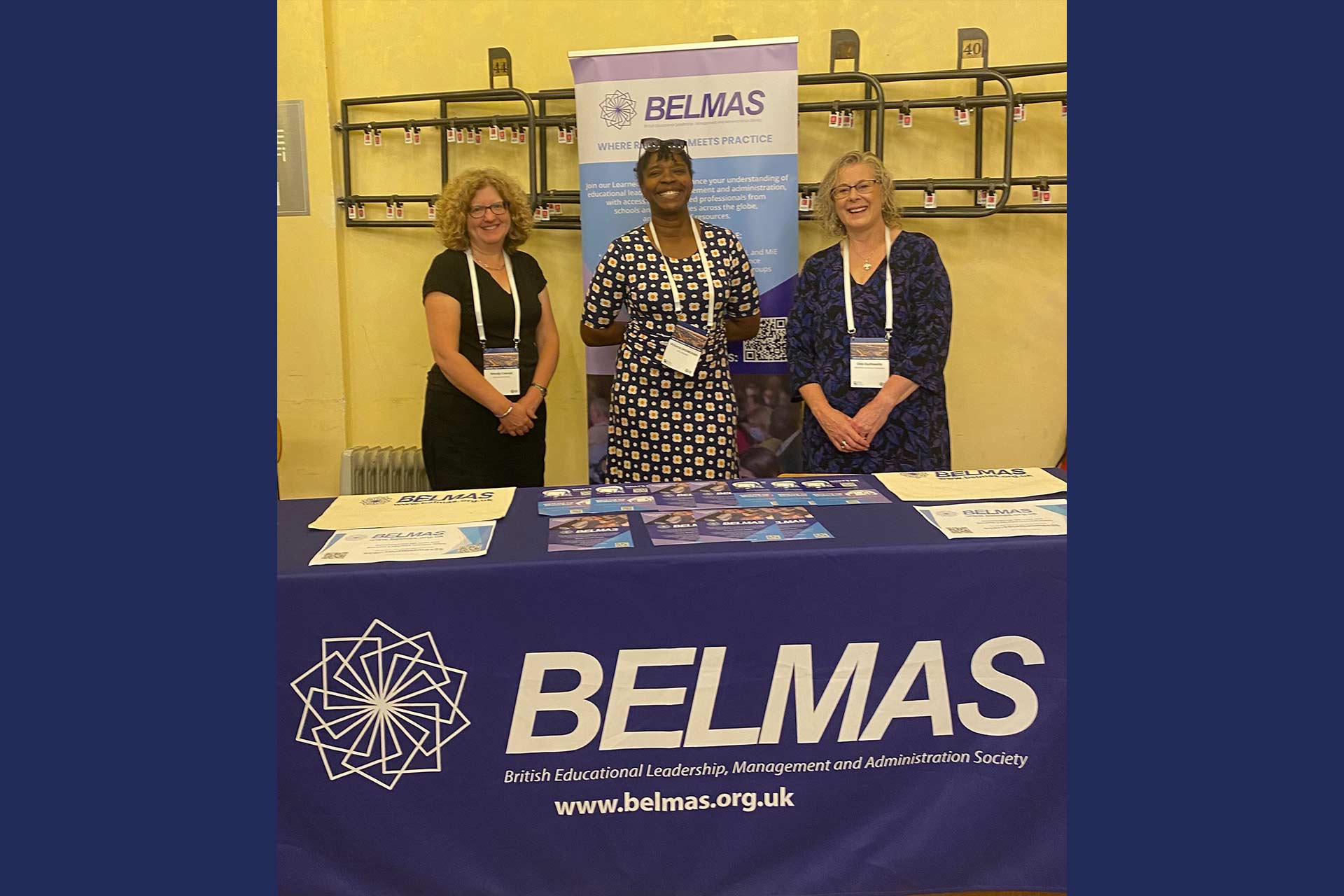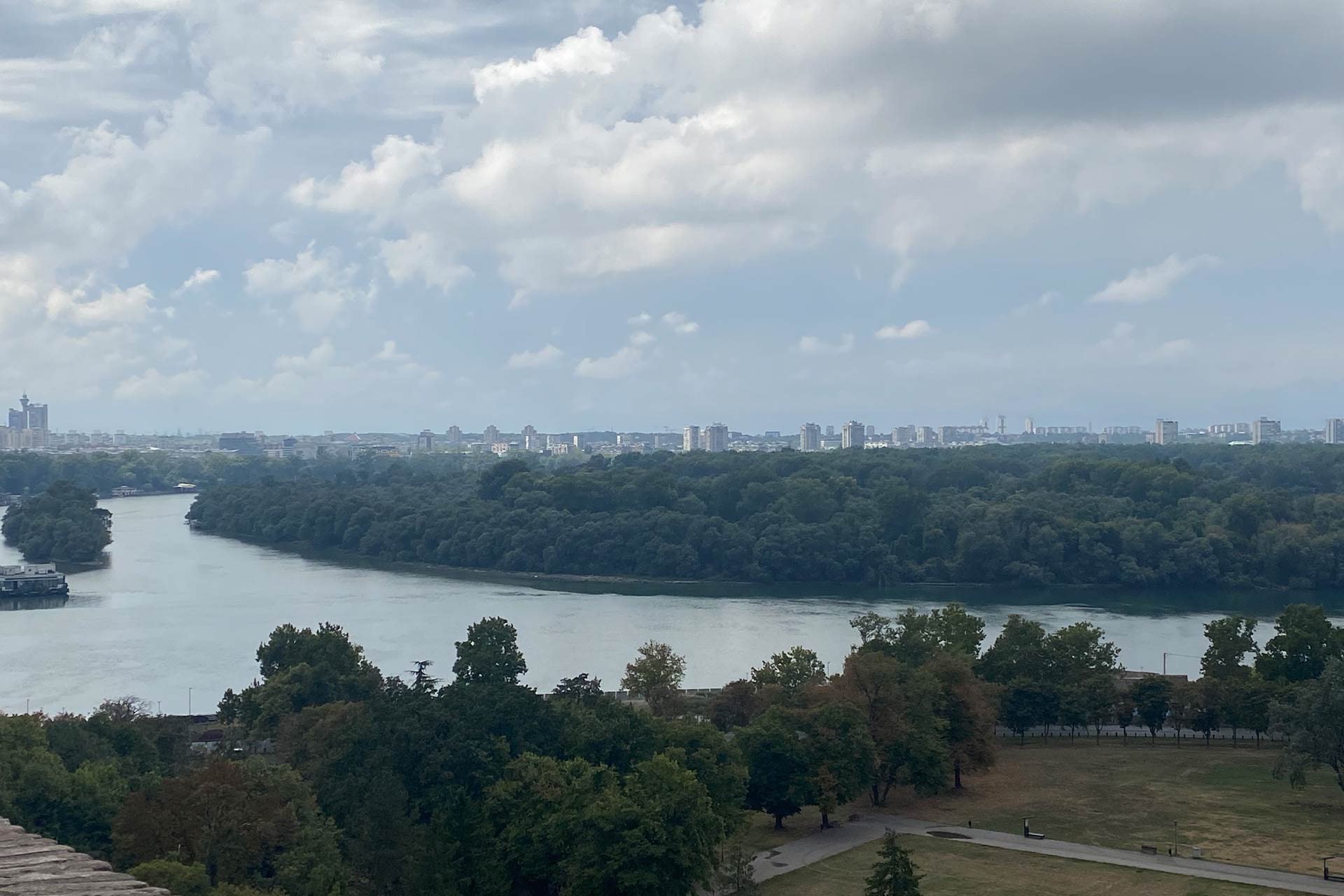
Deb Outhwaite discusses her experience visiting Serbia for the European Conference on Educational Research and the key tips and takeaways from her trip.
Last month, I travelled to Belgrade to attend the European Conference on Educational Research (ECER), which is the main academic conference for the European Educational Research Association (EERA). Conferences vary in size and cost, but generally, if they represent a large geographical area (for example, Europe, the US, etc), then they will be big events. ECER has around 3-4,000 people attend every year, and the American Educational Research Association is even bigger at between 15-20,000! But our national British Educational Research Association (BERA) has around a thousand participants, and then conferences for those researching inside a particular area in a field, such as BELMAS for Educational Leadership, have around 300. In most organisations, there are sub-divisions according to these research interests - EERA/ECER has 34 such Networks from Professional Learning & Development through to Research on Citizenship Education.
As Chair of the Learned Society BELMAS, I am very used to going to international conferences, but this was my first one in Eastern Europe… Arriving in Belgrade the week before their national military display, I was met by fighter jets rehearsing, and our plane was grounded on the tarmac, whilst the planes overhead practised! So all conferences have a different backdrop with events and circumstances going on, and it is always worth checking the Foreign, Commonwealth and Development Office (FCDO) Travel Guidelines before you go! This particular week was very eventful as England played Serbia on the Wednesday night, winning 5-0, so it turned out that the planes and hotels were full of Three Lions supporters.
Conferences tend to follow similar patterns, whether they are large or small: Early Career Researcher (ECR) day/s tend to be at the start, so on Day 1 there are sessions for graduate students to present their research. These are often organised by graduate student committees, made up of PhD/EdD/masters students, or those who have gained their doctorates within the last five years. These usually have presentations and poster presentations, which involve the ECRs presenting to each other, sometimes with invited guests and/or all the conference delegates. There can be online poster presentations which are displayed on television screens, or physical posters, which take some thought and care getting printed and then transporting. This is followed by several days (in ECER’s case, four days) of conference keynotes, seminars and networking events.
I attended ECER to run the BELMAS conference stand and to talk to my Network - Educational Leadership is Network 26. Although the funding is tight for academic conferences these days, many people chose to present at them, as part of their summer holidays paying for their own attendance, as they are also an opportunity to meet colleagues from further afield, experience different cultures and to travel to places that you might otherwise not get to visit.
Here is a photo of the River Danube, with Belgrade in the background, where I was able to take an evening cruise with some colleagues:

So if you are thinking of submitting an abstract for an academic conference, first register with your Learned Society, they offer student and ECR rates; then apply for the conference fee as a discounted member; do your costings; see if any bursaries or support is available; and give it a go! You will meet colleagues from new countries and these can go on to become lifelong friends, and the feedback that you get on your paper can cement or change the direction of your research. Good Luck!